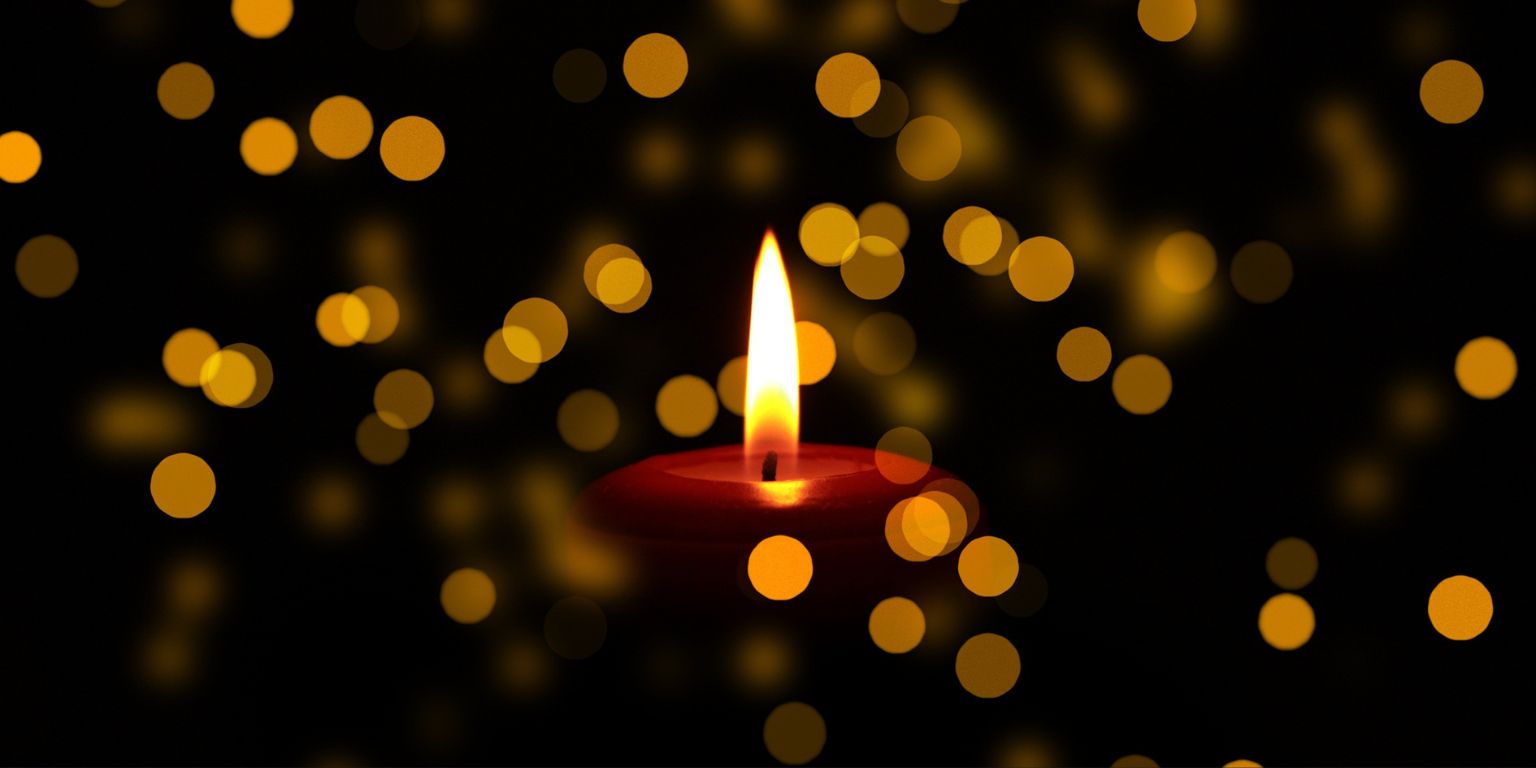
16 Dec The holiday blues: Not just the change in season
Posted
in Industry Knowledge
When the weather gets colder and darker, it is not unusual to experience increased feelings of depression and anxiety. Seasonal Affective Disorder (SAD) is a mood disorder that is thought to be related to hormone changes and the lack of sunlight that accompanies the season of winter. People who are prone to depressive episodes may be more likely to experience symptoms connected with the change in the weather. There is another type of seasonal mood disorder, colloquially known as the “holiday blues”, which can strike people similarly outside of the colder months (depending on what hemisphere you live in!).
what ARE THE HOLIDAY BLUES
Although the “holiday blues” is not a recognised psychiatric condition, there is evidence to suggest that those with mental health conditions, such as anxiety and depression, experience worsening symptoms during the lengthy festive period at the end of the year and into the new year. This worsening of symptoms is primarily experienced as an ongoing feeling of sadness, varying in intensity and duration. This feeling of sadness can also be accompanied by depressed or irritable mood, eating and sleeping habit changes, losing enjoyment of once pleasurable activities and feelings of guilt and worthlessness.
Most people experience changes in both their physical and psychological functioning over this busy period as they try to balance multiple competing priorities and commitments of family, friends, and work. This can result in changes to regular habits and increased feelings of irritability and stress. However, the “holiday blues” is distinct from this because of the persistence of symptoms and when they start, which is usually several months in the lead up to this period of the year. The symptoms experienced can be assessed as relatively mild. However, for people with ongoing mental health issues, it can be a very distressing experience and a period of increased vulnerability.
WHY DO PEOPLE EXPERIENCE THE “HOLIDAY BLUES”?
The festive period at the end of the year is busy for most people, with social gatherings and family commitments increasing and the calendar year coming to an end. Individuals who experience the “holiday blues” can attribute different causes to it, but the main triggers are isolation, being unable to be with loved ones, and unrealistic expectations leading from overcommercialisation.
The experience of family and interpersonal conflict can also increase the vulnerability of certain people. Connecting with loved ones and positive interactions with others are given a high priority and attention at this time of year, and this can bring individual issues into stark focus. As the connection with others is something which is out of people’s control, issues in this area can result in unpleasant feelings which can feel inescapable.
HOW TO MANAGE THE HOLIDAY BLUES
If you experience mood changes or a shift in your mental health symptoms during the festive period, recognising it is the first step towards managing what you are experiencing. Speak to your physician or mental health professional if you are already being treated for a mental health issue. There may be options for short term changes in treatment to manage your symptoms during this period. If you haven’t been formally treated for a mental health issue, connecting with someone who can assist you is extremely important and must be prioritised.
Other strategies for managing distress during this time of the year include:
- Consume alcohol in moderation: alcohol is a depressant and can contribute to feelings of depression and anxiety. Avoid overdoing it and exacerbating your symptoms.
- Connect to others: it is easy to isolate yourself when these types of feelings increase, however you will find that reaching out to others will help.
- Keep moving: regular physical activity can help with symptoms of depression and anxiety, and even just a casual walk is beneficial.
- Realistic expectations: think about what you can expect from the holiday period and keep these expectations achievable. Be mindful of the things you can control and try to let go of the things you cannot.
- Say no: there will be more demands on you during this period but it is ok to set boundaries and protect your energy. Saying no is the greatest gift you can give to yourself and your mental health.
Rem Sequence is an Australian adult content creator, blogger, and internationally published alt model. She has a background in psychology, philosophy and political science and worked in health and sex education, youth work and trauma counselling for almost two decades. Now, she works full time in the adult industry, as well as indulging her passion for arts, writing and music in numerous side projects.
When the weather gets colder and darker, it is not unusual to experience increased feelings of depression and anxiety. Seasonal Affective Disorder (SAD) is a mood disorder that is thought to be related to hormone changes and the lack of sunlight that accompanies the season of winter. People who are prone to depressive episodes may be more likely to experience symptoms connected with the change in the weather. There is another type of seasonal mood disorder, colloquially known as the “holiday blues”, which can strike people similarly outside of the colder months (depending on what hemisphere you live in!).
what ARE THE HOLIDAY BLUES
Although the “holiday blues” is not a recognised psychiatric condition, there is evidence to suggest that those with mental health conditions, such as anxiety and depression, experience worsening symptoms during the lengthy festive period at the end of the year and into the new year. This worsening of symptoms is primarily experienced as an ongoing feeling of sadness, varying in intensity and duration. This feeling of sadness can also be accompanied by depressed or irritable mood, eating and sleeping habit changes, losing enjoyment of once pleasurable activities and feelings of guilt and worthlessness.
Most people experience changes in both their physical and psychological functioning over this busy period as they try to balance multiple competing priorities and commitments of family, friends, and work. This can result in changes to regular habits and increased feelings of irritability and stress. However, the “holiday blues” is distinct from this because of the persistence of symptoms and when they start, which is usually several months in the lead up to this period of the year. The symptoms experienced can be assessed as relatively mild. However, for people with ongoing mental health issues, it can be a very distressing experience and a period of increased vulnerability.
WHY DO PEOPLE EXPERIENCE THE “HOLIDAY BLUES”?
The festive period at the end of the year is busy for most people, with social gatherings and family commitments increasing and the calendar year coming to an end. Individuals who experience the “holiday blues” can attribute different causes to it, but the main triggers are isolation, being unable to be with loved ones, and unrealistic expectations leading from overcommercialisation.
The experience of family and interpersonal conflict can also increase the vulnerability of certain people. Connecting with loved ones and positive interactions with others are given a high priority and attention at this time of year, and this can bring individual issues into stark focus. As the connection with others is something which is out of people’s control, issues in this area can result in unpleasant feelings which can feel inescapable.
HOW TO MANAGE THE HOLIDAY BLUES
If you experience mood changes or a shift in your mental health symptoms during the festive period, recognising it is the first step towards managing what you are experiencing. Speak to your physician or mental health professional if you are already being treated for a mental health issue. There may be options for short term changes in treatment to manage your symptoms during this period. If you haven’t been formally treated for a mental health issue, connecting with someone who can assist you is extremely important and must be prioritised.
Other strategies for managing distress during this time of the year include:
- Consume alcohol in moderation: alcohol is a depressant and can contribute to feelings of depression and anxiety. Avoid overdoing it and exacerbating your symptoms.
- Connect to others: it is easy to isolate yourself when these types of feelings increase, however you will find that reaching out to others will help.
- Keep moving: regular physical activity can help with symptoms of depression and anxiety, and even just a casual walk is beneficial.
- Realistic expectations: think about what you can expect from the holiday period and keep these expectations achievable. Be mindful of the things you can control and try to let go of the things you cannot.
- Say no: there will be more demands on you during this period but it is ok to set boundaries and protect your energy. Saying no is the greatest gift you can give to yourself and your mental health.
Rem Sequence is an Australian adult content creator, blogger, and internationally published alt model. She has a background in psychology, philosophy and political science and worked in health and sex education, youth work and trauma counselling for almost two decades. Now, she works full time in the adult industry, as well as indulging her passion for arts, writing and music in numerous side projects.


